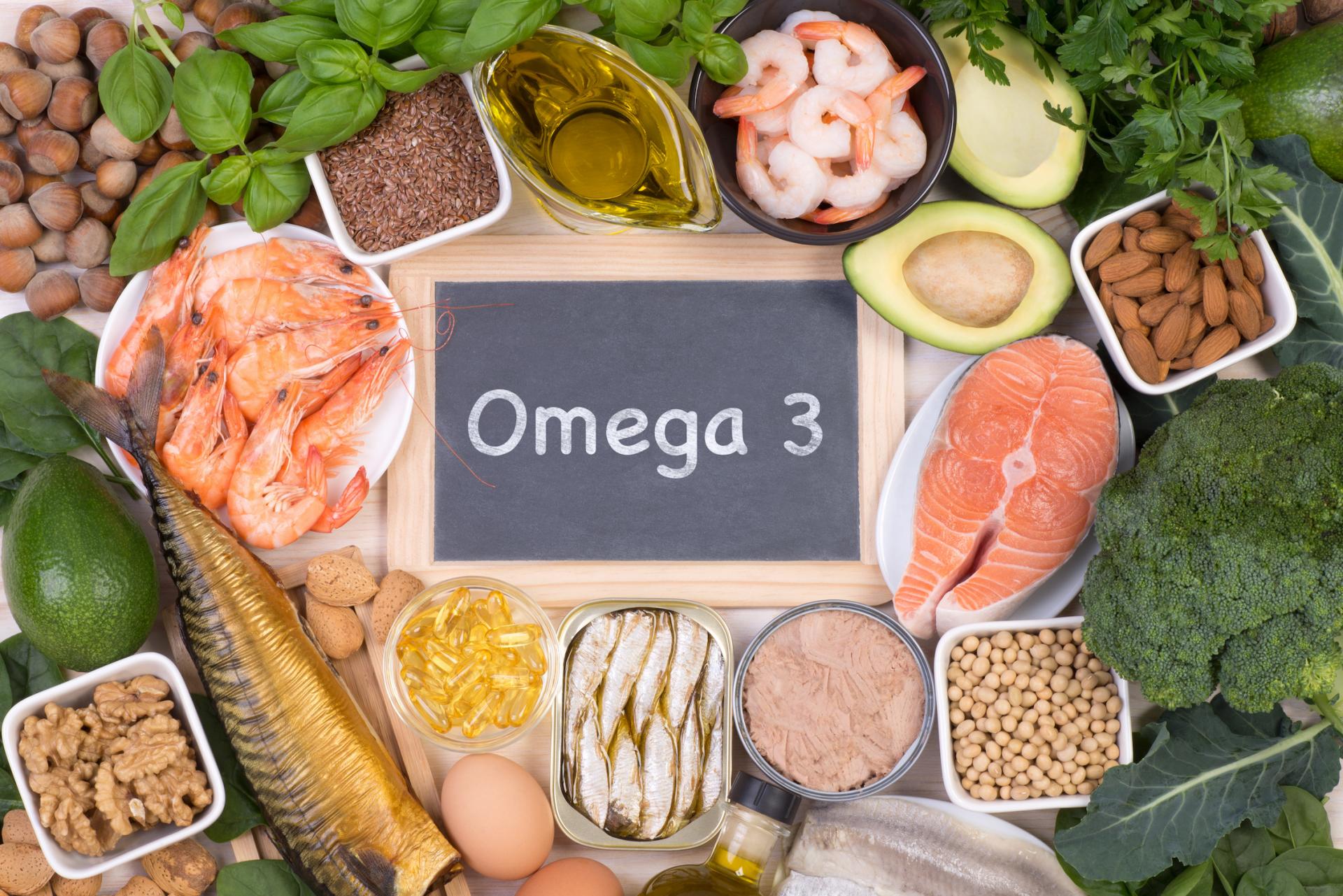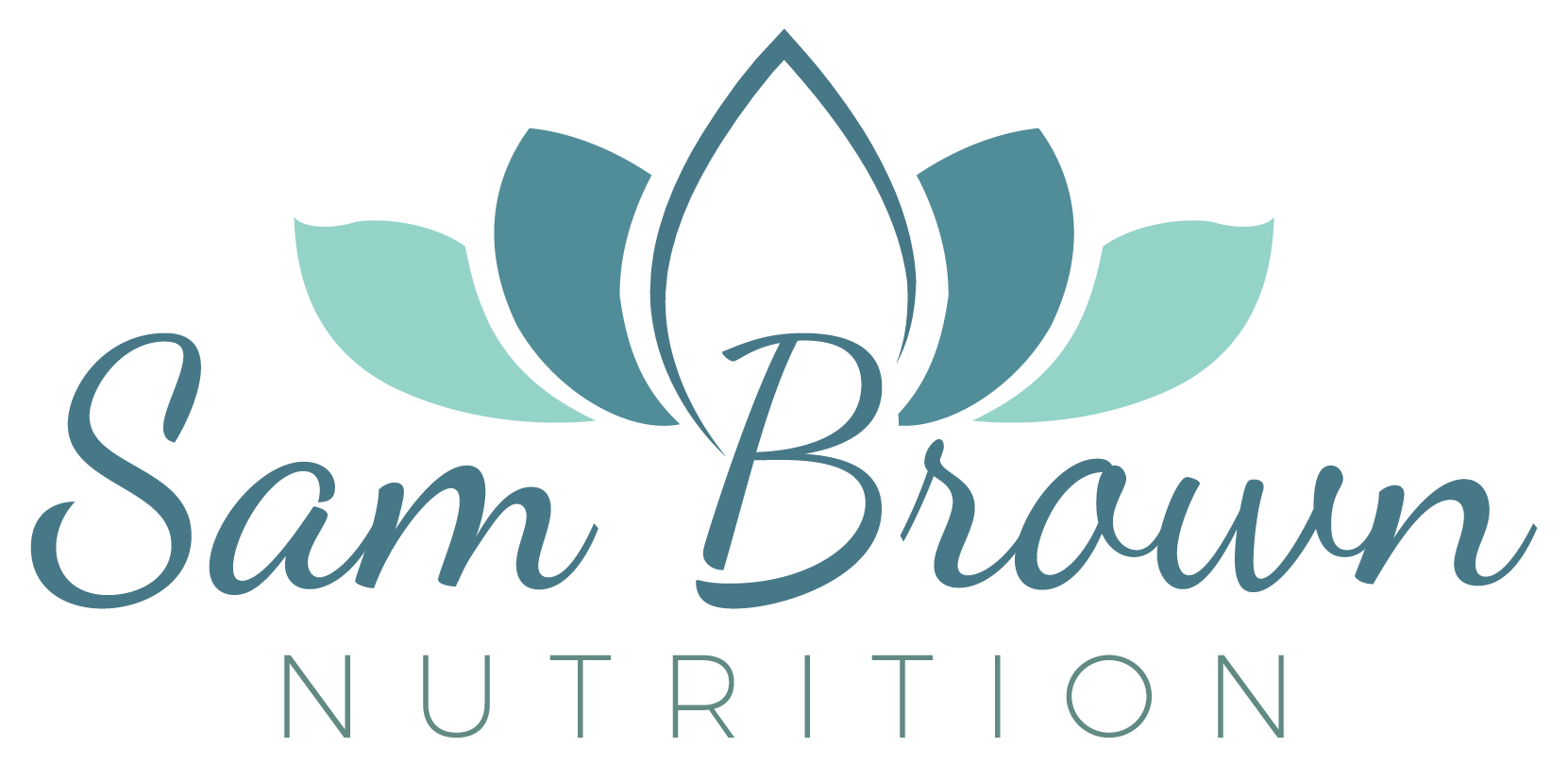
Lifestyle
An IVF Diet: Nutrition & Hydration For Fertility
21 September 2021
The decision to have a baby can be emotionally and financially daunting, so, often, nutritional status is overlooked. Fertility is definitely influenced by foods and types of nutrition, including hydration. But making healthier choices is easier than first anticipated and can give your fertility a real boost!
Infertility in Men and Women
There are many reasons why female fertility can be affected – from hormone dysregulation such as PCOS, fibroids and endometriosis, immune system, energy intake imbalances like obesity, eating disorders and excessive exercise. Less obvious ones include detoxification, digestion, malabsorption, and stress. And environmental disruptors include smoking, the work environment, and artificial light.
In men, the reasons are similar – sex hormone imbalance, energy intake imbalance, immune system, detoxification, digestion and absorption of nutrients, stress and environmental disruptors, such as pesticides.
One major nutritional cause of infertility in men is oxidative stress. This term is used to describe an imbalance between free radicals (the bad guys) and antioxidants (the good guys). Antioxidants neutralise the free radicals so they can not cause damage to other cells.
In women, when antioxidant levels are low, the quality of the follicle is affected. This may also be connected to poor pregnancy outcomes, whether natural or assisted. In men, the quality, structure and function of the sperm is affected.
Chemistry, Stress, and Fertility
Another nutritional problem shared by men and women is methylation. Methylation has many roles, from regulating stress, brain chemistry, immune function, expression and activity of genes (including in a foetus), and our ability to detoxify the body.
Poor methylation affects the quality and quantity of sperm, unfavourable pregnancy outcomes, pre-eclampsia, and gestational hypertension.
Healthy methylation requires a balance of things that disrupt and nutrients that support. It’s no surprise that high sugar, pre-packed convenience/junk food, stress, and unhappy gut bacteria are all disrupters. The good news though, is that a rainbow of colours in your vegetables, high quality protein, with lots of fibre, and slow burning carbohydrates, help to tip the balance in the right direction.
Although stress is not strictly nutrition, the effect on the body pushes bad food choices and promotes weight gain. Cortisol, one of our stress hormones, can reduce sex hormone levels. Studies show that women having fewer negative life events have had more successful IVF outcomes. Meditation, walking and yoga never looked so appealing!
Since I have mentioned weight gain I must quickly talk about the links it has to both male and female infertility. The decline in sperm quality is linked with increased weight issues. And in women, a BMI of over 30 has shown to affect fertility and the success of fertility treatment. All the more reason to follow an IVF diet.
Getting Those Zzzzzzzzs
Sleep, like stress, doesn’t really seem to be a nutritional problem. But when our sleep is disrupted, it pushes a stress response in the body and poor food choices. The body starts to favour high-sugar foods and becomes a slave to the sugar rollercoaster. Looking back on the methylation disrupters, high sugar is one of them. Being stressed and lacking sleep depletes nutrients. The organs that keep us alive are prioritised, like the heart and lungs, but digestion and reproduction are left lacking.
Without good sleep, oxidative stress is increased, hormones are altered and even a woman’s cycle can be totally disrupted. But the good news is a sleep routine is very easy to adopt and can make you feel like a new person!
Hydration and Fertility
We all know that it is good to stay hydrated but how does that connect to achieving and maintaining fertility? The body is approximately 60% water, this water is essential for many chemical reactions within the body and keeps all your organs and cells functioning properly. Staying hydrated while starting your fertility journey is vital, both sperm and egg health depend on it. Being dehydrated affects the mucus in the woman’s vagina and cervix, which the sperm relies on when traveling to the fallopian tubes. The lining of the uterus needs water to become thick and cushioning for the embryo, to be able to transport nutrients and flush out toxins. Water is the primary mover in all these functions.
How much water you should drink is roughly two litres for a woman and two and a half litres for a man. Where you live, how active you are and if you eat water-rich food such as water melon, will vary the amount.
The colour of your urine is a great indicator – a pale straw-like colour is perfect. Your urine in the morning will always be darker as it is concentrated, and if it goes too pale you may be drinking too much.
A Therapeutic Window
In my opinion, you can’t start making healthier choices too early. But if you do find yourself in a position where time is not on your side, even the most simple changes to your IVF diet and lifestyle can have a profound effect.
With sperm, however, the process of creating new sperm takes about 86 days. So, ideally pre-conceptual care should begin three months before attempting to conceive or starting fertility treatment.
A regular menstrual cycle may be disrupted either by hormone imbalance or post-birth control. This can take some time to address as nutrients needed for fertility are depleted from the contraceptive pill. This is an additional load on methylation capacity. When your cycle returns though, it feels extremely satisfying to know that your body is starting to respond.
Change Is Easier Than You Think
So many people try to change everything all at once and this can lead to confusion. It also creates frustration at not seeing results straight away, sugar crashes, and eventually falling off the wagon with a huge amount of guilt.
You actually achieve results faster by making one to three changes per week and creating new habits. Once you have comfortably adopted that new change, you then add another one to three the next week.
Before I go into my favourite (what I call) pillars of health, there are a couple of things to mention that are specific to fertility.
Alcohol
For both men and women, alcohol affects fertility. Sperm and testosterone are negatively affected, but heavy drinking can raise oestrogen in men, which will reduce sperm production. In women, alcohol can change your hormone levels and interrupt ovulation.
What is heavy drinking though? Less than you think! Fifteen drinks for men and eight for women per week. A Saturday night out could take care of that for some!
Switching out to a non-alcoholic beer or a Kombucha in a wine glass with lots of ice can help keep that feeling of socialising and occasion.

Caffiene
If you are a big coffee drinker or love energy drinks, caffeine has been shown to increase the risk of miscarriage and low birth weight. Limiting caffeine to 200mg per day or taking it out completely is advised. There are some great mushroom and dandelion coffee alternatives out there if you just need to sit with that cup of warm something.
Multi-nutrient
Taking a multi-vitamin is advised, but make sure that men don’t start taking the pregnancy multi (you may laugh but it happens). Men need their own as the iron in the pregnancy supplements can be harmful, especially to sperm!
My 'Four Pillars'
Sleep
Building a regular sleep hygiene routine is basic to all other improvements. It helps your perception of stress and reduces your high sugar cravings, not to mention driving the production of reproductive hormones.
Omega 3:6 balance and healthy fats
We need these healthy fats for the absorption of fat soluble vitamins A, D, K and E. They actually improve our digestion, stop sugar cravings, and increase mental alertness. Swapping unhealthy trans and large amounts of saturated fat for mono and polysaturated is great for reproductive health.
Gut function and detoxification
Everything is connected to the gut, it’s true! What we detoxify has to be eliminated, so increasing those super colourful vegetables to make you go to the loo every day will eliminate used hormones. Re-absorption can contribute to oestrogen dominance issues.
And don’t forget that water! People who are constipated are often dehydrated and the stool has become too hard to move easily down the digestive tract. A healthy variety of protein foods are important here too for the detox phases.
Increasing friendly bacteria
These guys really are your best friends. They produce nutrients for us and look after our immune system but are associated with a healthy pregnancy. In more recent studies, they also show a positive connection with IVF , ICSI, and other fertility treatments. This is the first bacteria that the baby comes into contact with, so it’s a vital part of the process. Try some delicious fermented food and prebiotics, such as garlic, onions, artichokes, oats, bananas.
You can find my favourite four pillars of health here in my amazing programme: 'Harmonise Your Health'.
You deserve the best out of your fertility journey. Nutritious food really isn’t difficult, it’s just the fear of the unknown of how to fit it into your life. But once you start implementing a couple of changes at a time, you will never look back.
Best,
Sam
Share this post on:




